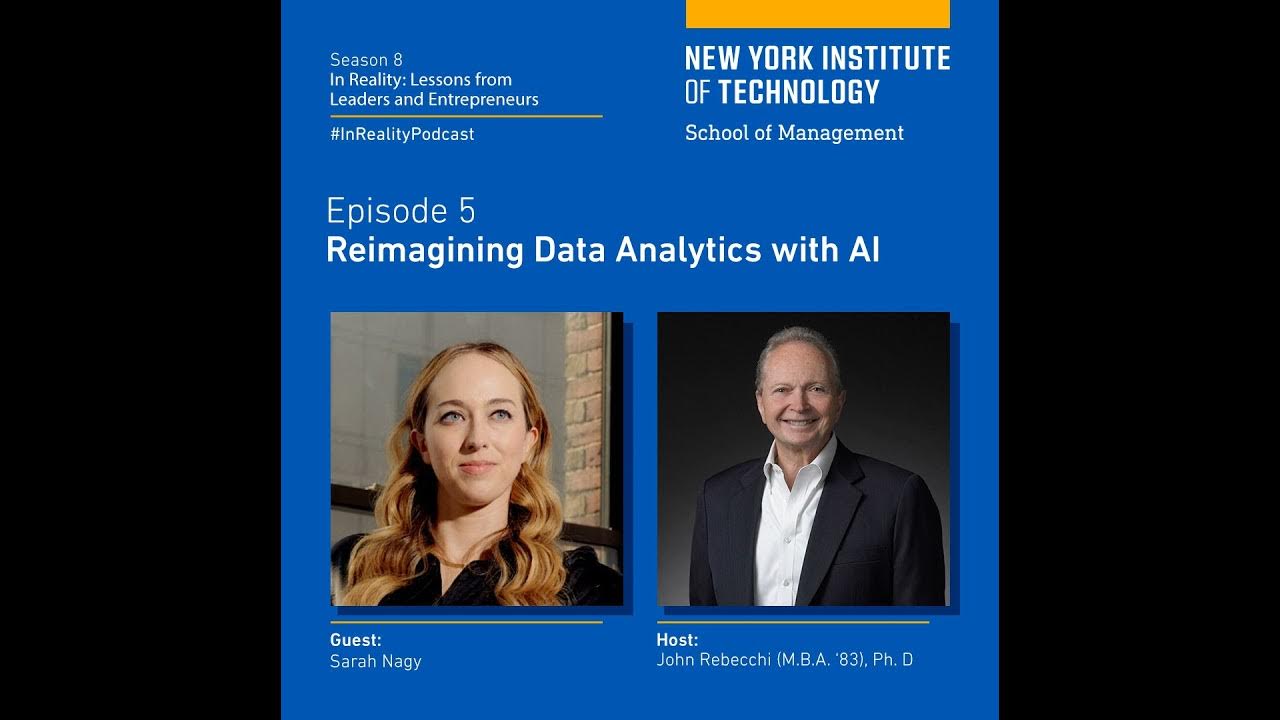Debates of the Century: Should Public College be Free?
Summary
TLDRIn this debate, Sarah Goldrick-Rab and Richard Vedder discuss the value and accessibility of higher education. Goldrick-Rab argues that college is essential for job prospects and criticizes the high costs, particularly at public institutions, as a barrier to talent and social mobility. Vedder counters by questioning the necessity of college subsidies, suggesting that benefits primarily accrue to students, often from wealthier backgrounds. He also raises concerns about the efficiency of college spending and the potential for increased access to encourage less academically prepared students. Both speakers touch on the historical context, the role of government in education, and the economic implications of college attendance.
Takeaways
- 🎓 College education is increasingly essential for job security in modern America, with high school graduates facing higher unemployment rates.
- 💸 The high cost of college, even at public institutions, is a significant barrier to college attainment, leading to a loss of talent and disenfranchisement of many.
- 🙅♂️ Not all presidential candidates support free college, with the belief that the direct benefits of college primarily accrue to the students themselves.
- 🏡 The argument against public funding for college education is compared to not financing financial investments for citizens, questioning why taxpayers should fund human capital investments.
- 🔥 Sarah Goldrick-Rab uses the analogy of fire departments to argue for the societal benefits and interdependence of making college accessible to all.
- 🏛️ There's a significant difference in the cost of educating a college student in the US compared to other parts of the world, pointing to inefficiencies in the American higher education system.
- 🏅 Intercollegiate athletic subsidies contribute to the high costs of college, but the core issue is the overall high expenditure on education in the US.
- 📉 The dropout rate among college students is a concern, with implications for those who borrow money for an education they do not complete.
- 🌐 There's a growing educational inequality, with public universities becoming less represented in top rankings over time.
- 🏆 Graduation rates are not a true measure of an institution's effectiveness, especially when they enroll students who are likely to graduate regardless of the institution's efforts.
- 💼 Making college more affordable could lead to increased efficiency and graduation rates, as students would be able to focus more on their studies rather than working to pay for their education.
Q & A
What is the significance of a college degree in today's job market according to Sarah Goldrick-Rab?
-Sarah Goldrick-Rab emphasizes that a college degree is hardly optional in the current era, as it is incredibly hard to secure and maintain a job without some form of higher education.
How does Richard Vedder respond to the idea of free college for all?
-Richard Vedder agrees with Hillary Clinton's statement that not everyone, like Donald Trump's children, should have free college. He argues that the primary benefits of college go to the students themselves, and most of them come from above-average income families.
What is the unemployment rate for different levels of education as mentioned by Sarah Goldrick-Rab?
-Sarah Goldrick-Rab cites unemployment rates as follows: 5.4 percent for high school graduates, 3.8 percent for those with an associate's degree, and 2.6 percent for those with a bachelor's degree.
What is the argument against the notion that college is not worth it, according to the transcript?
-The argument against the idea that college is not worth it is based on the significantly lower unemployment rates for individuals with higher levels of education, as well as the intergenerational benefits that come from obtaining a college degree.
Why does Richard Vedder believe that taxpayers should not finance college education for all?
-Richard Vedder argues that taxpayers do not finance other financial investments of their fellow citizens, so they should not pay for their human capital investments like college education, especially considering that many college students come from above-average income families.
What does Sarah Goldrick-Rab suggest would happen if college education were made more affordable?
-Sarah Goldrick-Rab suggests that making college more affordable would remove the price barrier, increase graduation rates, and improve the efficiency of the education system.
How does Richard Vedder view the correlation between spending on colleges and their reputation?
-Richard Vedder notes that there is a positive correlation between spending on colleges and their reputation, meaning that the more a college spends, the better its reputation tends to be.
What historical example does Sarah Goldrick-Rab use to argue for the benefits of public investment in higher education?
-Sarah Goldrick-Rab cites the GI Bill as an example of public investment in higher education that had a significant return on investment and intergenerational effects.
What does Richard Vedder suggest about the role of intercollegiate athletics in the cost of college education?
-Richard Vedder mentions that intercollegiate athletic subsidies contribute to the high cost of college education, but they are not the main factor; the real issue is the overall high cost of educating a college student in the US.
How does Sarah Goldrick-Rab compare the graduation rates of different types of colleges?
-Sarah Goldrick-Rab points out that it is not as commendable for elite institutions like Harvard to have high graduation rates because they often admit students who are likely to graduate regardless. She argues that it is more challenging and significant to achieve high graduation rates at community colleges like LaGuardia, which serve a different demographic with fewer resources.
What is the main concern Richard Vedder raises about the impact of college costs on students who do not graduate?
-Richard Vedder expresses concern about the costs associated with students who enter college but do not graduate within six years, especially if they have taken on debt to finance their education, suggesting that for these students, college can be a risky investment.
Outlines

このセクションは有料ユーザー限定です。 アクセスするには、アップグレードをお願いします。
今すぐアップグレードMindmap

このセクションは有料ユーザー限定です。 アクセスするには、アップグレードをお願いします。
今すぐアップグレードKeywords

このセクションは有料ユーザー限定です。 アクセスするには、アップグレードをお願いします。
今すぐアップグレードHighlights

このセクションは有料ユーザー限定です。 アクセスするには、アップグレードをお願いします。
今すぐアップグレードTranscripts

このセクションは有料ユーザー限定です。 アクセスするには、アップグレードをお願いします。
今すぐアップグレード関連動画をさらに表示

Commonsensianism--If it Makes Sense to Pierce Morgan, it is good Science!

Reimagining Data Analytics with AI

The future of the massive online open course | Fiona Hollands | TEDxTeachersCollege

Would Drug Legalization Increase Drug Use?

TESTED! The Best Sun Hoodies For Mountain Adventures

CENSO DA EDUCAÇÃO VÊ COM RESSALVAS AUMENTO DOS EADs
5.0 / 5 (0 votes)
